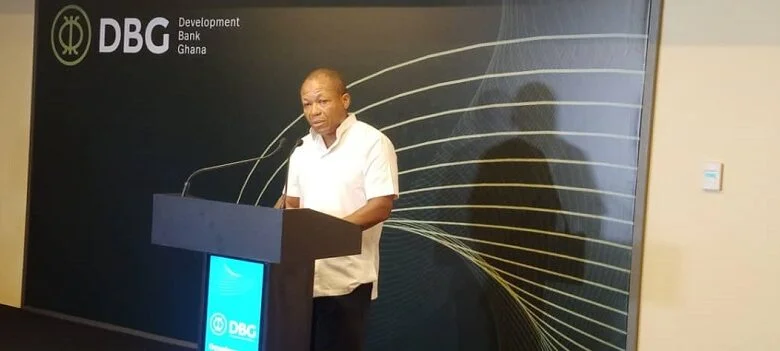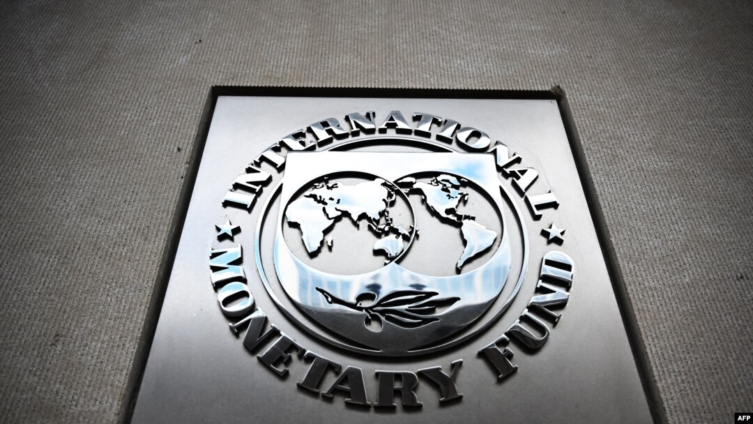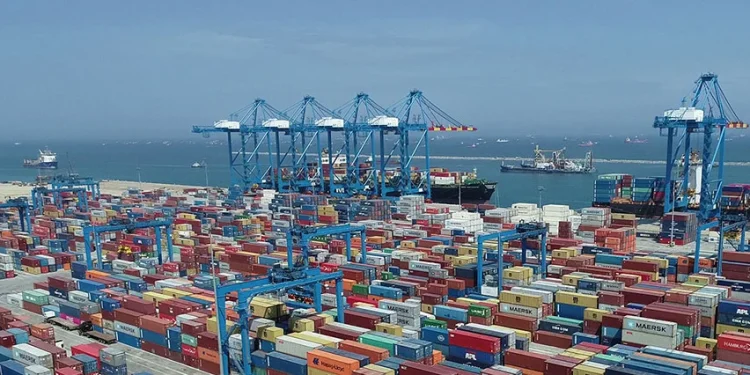The Development Bank Ghana (DBG) has announced that it is working to significantly reduce interest rates in Ghana with long term funds from its development partners.
According to the bank, its target is to reduce interest rate by about 8 percent over the next five years.
“We hoping that it will be reducing gradually every year to hit the expected target”, the Chief Executive of the DBG, Kwamina Duker disclosed.
Average Interest Rates, according to the Bank of Ghana is currently around 28 percent.
Mr. Duker revealed that the DBG is currently receiving support from the World Bank, the German Development Bank, and the European Investment Bank. He assured that the long term funding will help bring interest rates down significantly.
“This will be carried out through the rate at which they lend to the commercial banks. We know this will be difficult, but as long as we are committed, I think that it will be achievable”, he said.
Mr. Duker added that DBG has the support of all players and regulators to make it easier to achieve the target.
Interest rates in Ghana
Data from the Bank of Ghana puts average Inter Bank Lending Rates as at August 16, 2024 at 28.84 percent.
However, factoring other charges, a borrower could be paying about 35 percent depending on the loan offered by a commercial bank.
Some industry analysts have argued that the main drivers of cost of credit in Ghana are the rate at which the country is borrowing from the market through Treasury Bills, Inflation Rate and possibly the policy rate.
But the Development Bank Ghana which begun operations since 2022 and has expenditure more than ₵1.6 billion is hoping to use, its long term funding approach to drive down the rates.
DBG and interest rate reduction
Mr. Duker said businesses are struggling to cope with the current charges on interest rates, a situation that is stifling business growth.
“Together with our partners, we are also looking at how our support can impact businesses and help turn around their operations going forward, hence the need to work hard to reduce the lending rates in Ghana”.
“The end goal by which the bank is measured is how money gets to the local business, entrepreneurs and the end borrower, that is why I am totally invested in helping the banking sector develop” he added.
















